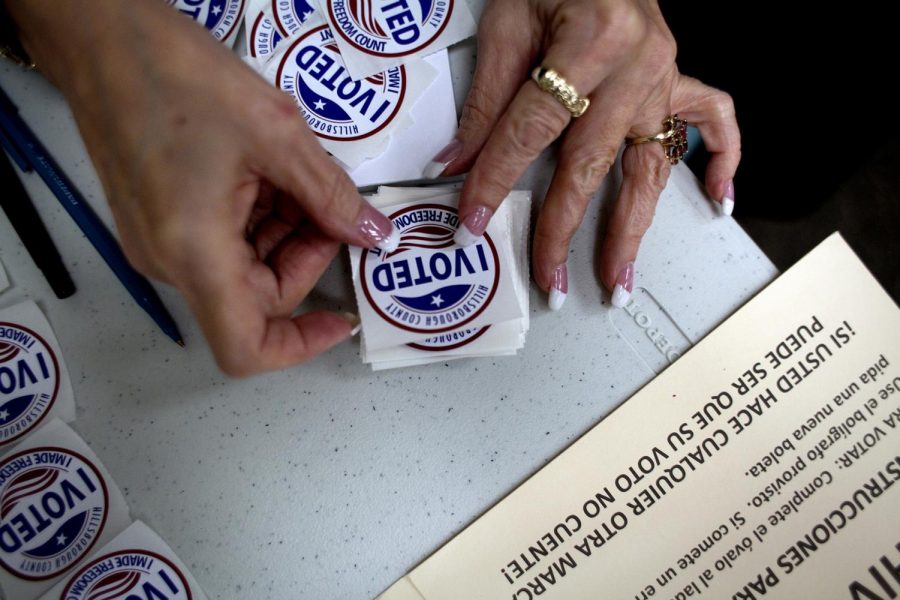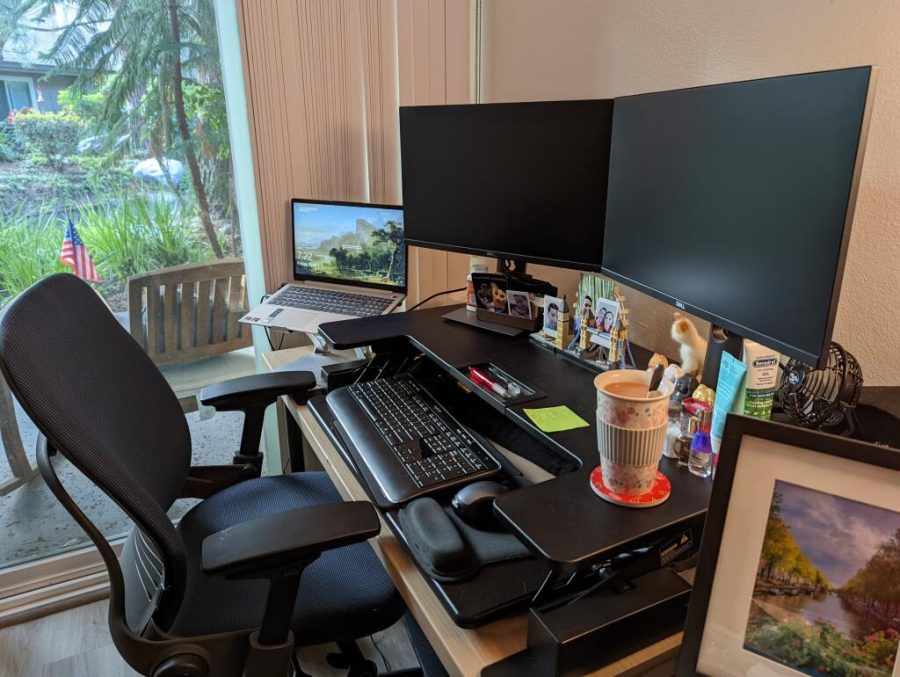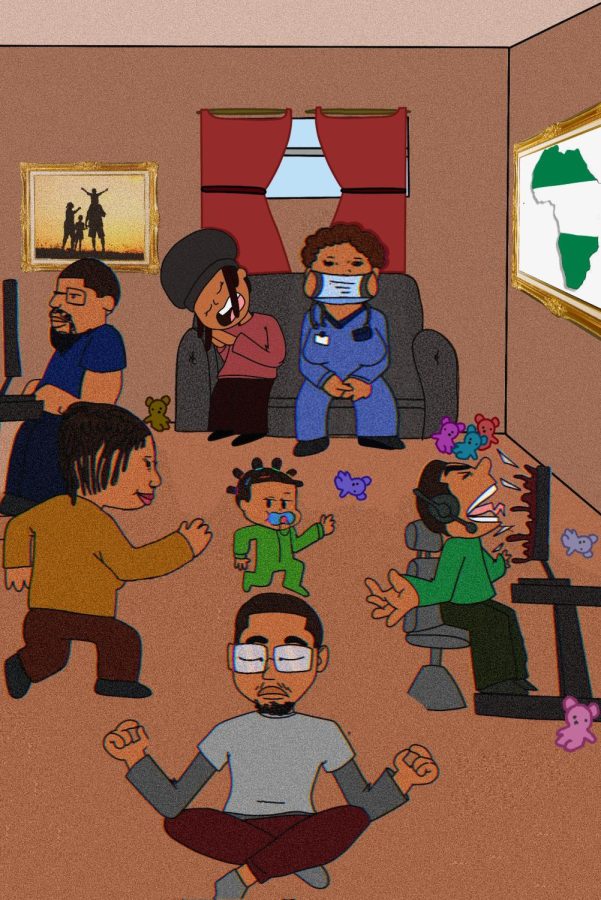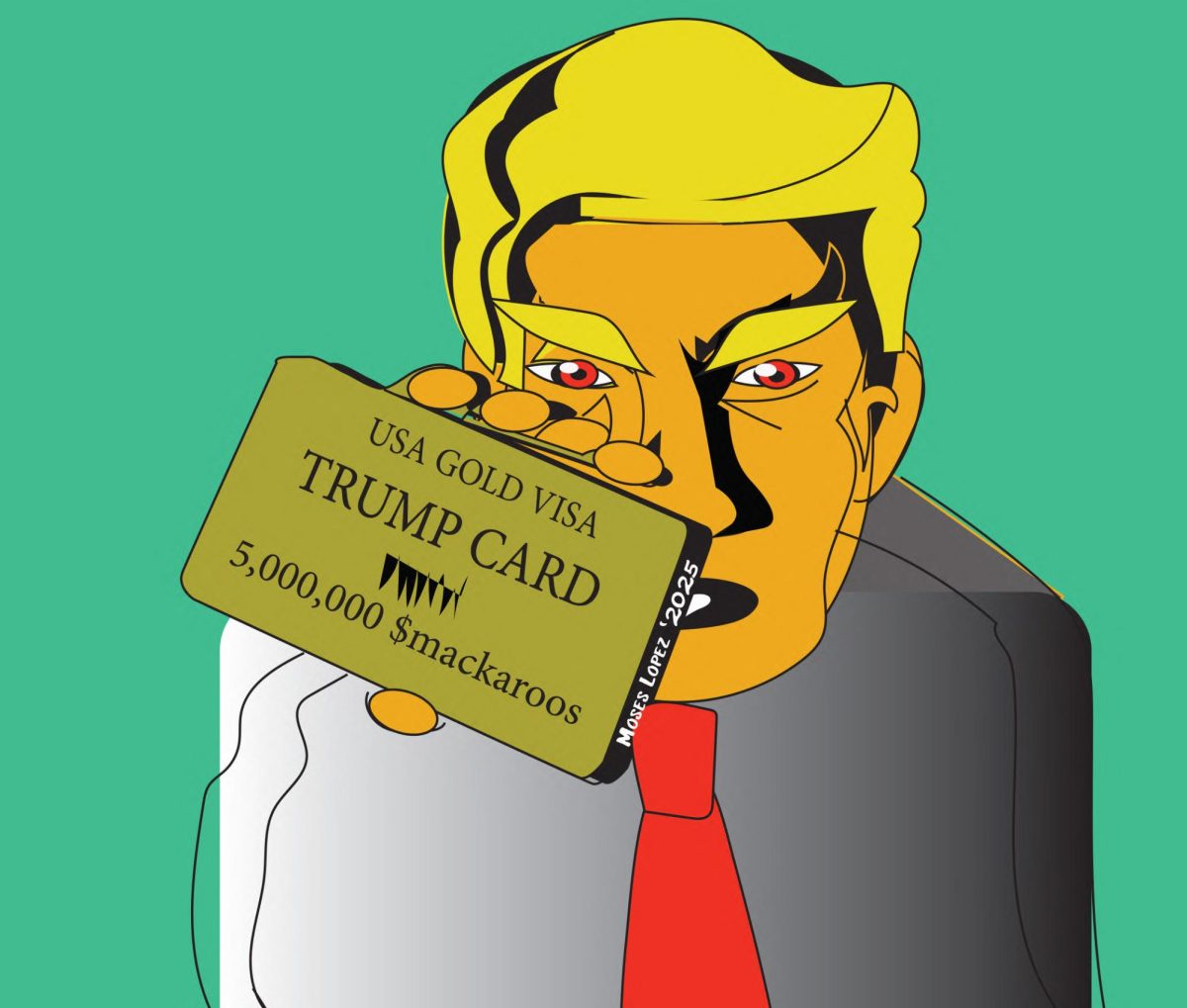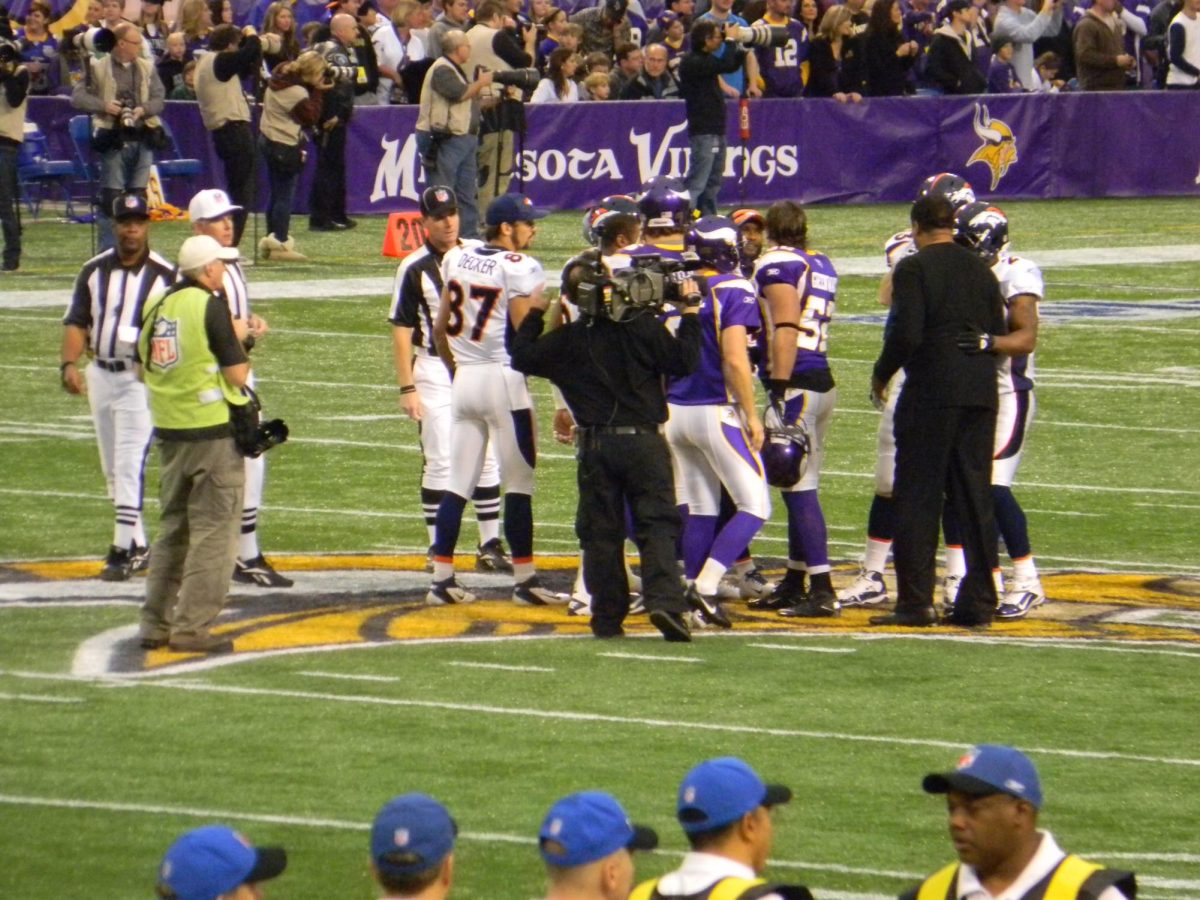The Wisconsin primary was an egregious display of voter suppression that victimized Americans forced out of the political process by COVID-19.
We have to trust absentee ballots not only by preserving the well-being of the public, but by protecting their voting rights, too.
The worsening outbreak of Coronavirus in the United States has resulted in more than 17 million Americans filing for unemployment and 20,000 COVID-19 deaths nationwide.
Total deaths in the U.S. also surpassed that of Italy, which held the highest death toll for weeks.
With many adhering to strict social distancing guidelines, businesses and political processes have been halted or postponed, including the primary elections in 16 states.
Wisconsin, however, was not allowed to postpone.
More than 1 million voters had requested an absentee ballot due to Coronavirus concerns. When the requests overflowed the elections office, Wisconsinites realized that their ballot would not come until days after election day.
In Milwaukee, they consolidated the polling centers from 180 to just five.
The surge of mail-in requests caused a backup that resulted in some voters receiving their ballot days after the election day.
Gov. Tony Evers (D) tried to postpone the state’s primary election via executive order on April 6 to prevent in-person voting and allow mail-in ballots up to April 13.
That is, until the Republican-controlled state legislature blocked his order which was then upheld by the Supreme Court in a 5-4 vote.
This means that Wisconsinites had to choose between protecting themselves from a fatal virus or risking it all for their civic duty.
With polling centers closing and as social distancing guidelines remain in place, voting via absentee ballot allows people to cast their vote without risking their health, so why does the president criticize it?
According to President Trump, “Mail ballots are very dangerous for this country because of cheaters. They go collect them. They are fraudulent in many cases. They have to vote. They should have voter ID, by the way.”
Here is a quick look at the facts surrounding absentee ballots:
Is there a problem with mail-in ballots and voter fraud?
Five states already vote entirely by mail: Colorado, Hawaii, Oregon, Utah and Washington along with active military overseas and Americans living in other countries.
Elderly citizens and disabled citizens may also vote via absentee ballot if they are unable to attend a polling center.
President Trump has made several unsubstantiated claims of voter fraud since the campaign trail and, after his election, Trump and his administration created the voting integrity commission which in 2018 reported that they found no evidence of wide-spread voter fraud.
In spite of the findings of his now-disbanded agency, Trump continues to criticize absentee voting. “Mail in ballots substantially increases the risk of crime and VOTER FRAUD!” he tweeted.
New York Times national correspondent Michael Wines reports, “In an election in which more than 137.7 million Americans cast ballots, election and law enforcement officials in 26 states and the District of Columbia — Democratic-leaning, Republican-leaning and in-between — said that so far they knew of no credible allegations of fraudulent voting. Officials in another eight states said they knew of only one allegation.”
In other words, credible instances of voter fraud are scarce. The most recent incident was in 2018 where North Carolina congressman Mark Harris [R] was charged with election fraud.
How will this affect the remaining primary elections?
Leading infectious disease expert Dr. Anthony S. Fauci announced that he hopes for a “real degree of normality” by November.
In the meantime, states will have to find ways to distribute the millions of mail-in ballot requests as polling centers continue to close and communities still advise residents to self quarantine.
Mail-in ballots usually have to be requested ahead of time by the voter. After it is filled out, the ballot is mailed back to the elections office where it is verified by matching the signature with the one on file. Some states allow voters to request mail ballots and then drop them off in person.
If voters receive their mail-in ballots after the election day, as was the case in Wisconsin, then more people will be forced to wait for hours at a crowded polling center just for their vote to count.
Absentee ballots are not a threat to our democracy, but voter suppression certainly is. At this unprecedented crisis, accommodations must be made to ensure that all citizens can vote and protect themselves too.


